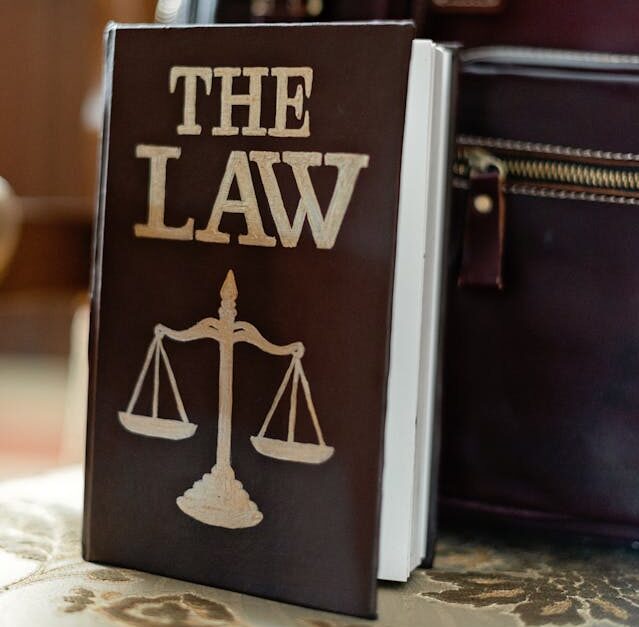Judges spare junior lawyers over fake case citations—but issue warning over AI misuse in legal work
Two lawyers who relied on fake legal citations generated by AI in court have narrowly avoided contempt of court charges—prompting senior judges to issue a stark warning to the legal profession: treat ChatGPT with oversight, or risk disgrace.
The incident erupted after five fictitious cases were used to support arguments in a judicial review brought by Haringey Law Centre and Sarah Forey of 3 Bolt Court Chambers. When opposing counsel questioned the legitimacy of the citations, Haringey lawyer Sunnelah Hussain dismissed the concerns as a distraction—accusing them of avoiding “serious legal research.”
Mr Justice Johnson described the letter as “remarkable” and condemned the entire episode as “appalling professional misbehaviour.”
The court later learned that Forey had either knowingly included fabricated citations or blindly relied on AI-generated summaries from web searches. In an attempt to defend herself, she claimed she might have “used Google or Safari” and unknowingly included content generated by AI—though she failed to provide any concrete evidence.
Worse, this wasn’t her first brush with imaginary case law. Back in April, a barrister covering for Forey flagged similar issues in her previous submissions. Despite a judge’s recommendation to escalate the matter to the Bar Standards Board (BSB), Forey’s head of chambers persuaded the court against formal referral at the time.
This time, she wasn’t so lucky.
Embed from Getty ImagesThe King’s Bench Division ruled that her conduct met the threshold for contempt of court, either due to deliberate falsification or negligent AI usage. However, the court chose not to proceed with contempt charges, citing her inexperience. “She is an extremely junior lawyer who was apparently operating outside her level of competence,” the judgment noted, adding that those responsible for her training and supervision should also be scrutinised.
Still, the court referred her to the BSB and warned that its leniency should not be interpreted as a precedent. “There are serious questions about the adequacy of the training, supervision, and oversight provided to Ms Forey,” the judges concluded.
Another lawyer, Abid Hussain of Primus Solicitors, also escaped contempt proceedings after submitting legal arguments filled with fictitious cases and distorted quotations. His defence? He let his client prepare parts of the legal filing—and the client had used AI to do it.
A mortified Hussain told the court he had no idea the documents were AI-generated. He immediately withdrew from litigated matters and admitted to a failure in basic legal verification. Despite the “lamentable” oversight, the court found he lacked the necessary intent or knowledge to meet the threshold for contempt.
In a joint judgment, Mr Justice Johnson and Dame Victoria Sharp issued a sobering warning about the rise of generative AI in legal work. “AI tools like ChatGPT may produce coherent and convincing answers, but these can be entirely fictitious,” they wrote. “Such tools are not capable of reliable legal research. They may cite imaginary sources or quote passages that simply do not exist.”
They advised that any use of AI by legal professionals should be treated with the same scrutiny applied to junior colleagues. “The responsibility for accuracy cannot be outsourced,” the judgment stressed. “Lawyers must oversee the outputs of AI tools just as they would supervise a trainee solicitor or pupil barrister.”
The message was clear: AI is here to stay—but it’s not a free pass to slack on due diligence.




